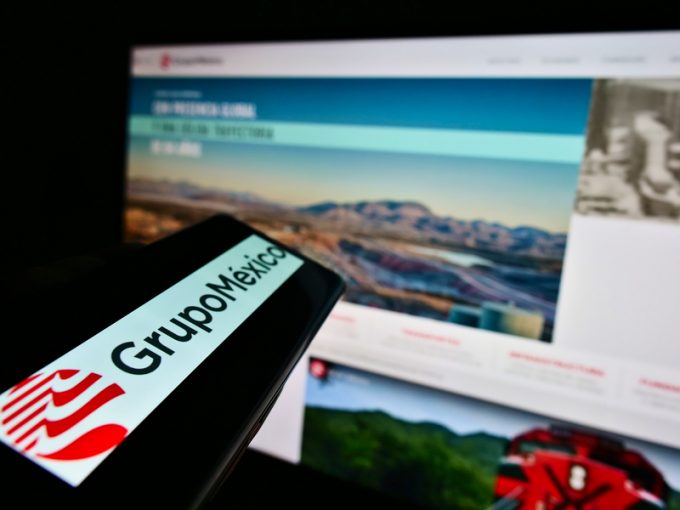Mexican tariffs a 'smart signal' that duty-free loophole is closing
Mexico’s recent imposition of tariffs on foreign imports has signalled to China and the US ...

Mexico has attracted lively interest in the wake of a trend to diversify supply chains away from China, but recent moves by President Lopez Obrador are likely to stir second thoughts among would-be investors.
He ordered the seizure of some 120km of a private railway and confiscation of private land to build commuter train stations for a line to Felipe Angeles International Airport, to be the prime gateway for freighters serving the Mexican capital.
Mexican military showed up this month in the ...
Maersk u-turn as port congestion increases across Northern Europe
Apple logistics chief Gal Dayan quits to join forwarding group
Maersk Air Cargo sees volumes fall as it aims for 'margin in favour of revenue'
Airlines slash freighter capacity post-de minimis, but 'the worst is yet to come'
Houthis tell Trump they will end attacks on Red Sea shipping
Transpac rates hold firm as capacity is diverted to Asia-Europe lanes
MSC revamps east-west network as alliance strategies on blanking vary
India-Pakistan 'tit-for-tat' cargo ban sparks sudden supply chain shocks


Comment on this article
Andrew Bayuk
May 30, 2023 at 2:25 pmThis sets a very bad precedence and indicator to the entire private free enterprise of businesses in Mexico and external investors interested in expanding their business and investing in Mexico.
A government seizure of private land and infrastructure in particular is telling and should raise pause and question of a business plans and interest moving forward.
This is quite unfortunate with such promise in Mexico, but these types of moves are what you’d expect to find in a totalitarian communist regime.